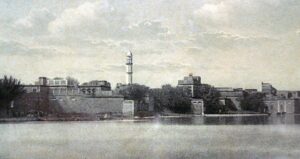

While the transformation of Jalsa Salana from a humble gathering to a global event itself serves as a Divine sign, yet another aspect of its history offers an even more emphatic testimony to the existence of God.
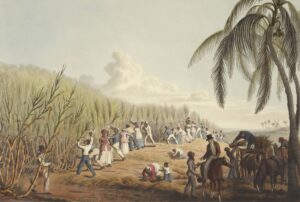
Islam not only advocated the freeing of slaves but also paved the path for their progress and ensured they were seamlessly integrated into society.

Today marks 78 years since the atomic bombings of Hiroshima and Nagasaki, and the world seems to be standing on the brink of another global conflict. Has time erased our memories?

It is inconceivable to contend that the noble companions, who were spiritually nurtured by the Holy Prophet(sa) himself, could have played any role in the conflicts that culminated in the event of Karbala.
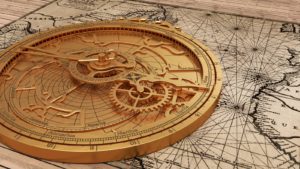
In around 770 AD, an embassy from India, including an astronomer, visited the then Abbasid Caliph Al-Mansur in Baghdad. The meeting was to open up an avenue for a fruitful interaction between India and the Arab world.
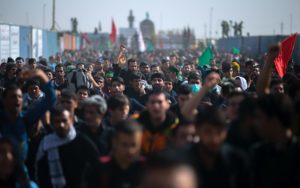
Remembering Karbala holds special significance for Muslims. But, is recreating the physical torture Imam Hussain (ra) and his followers went through the true way of commemoration?
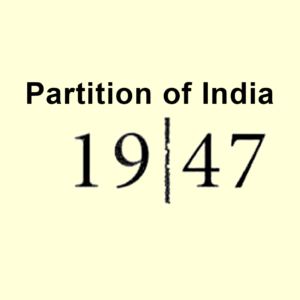
Being a purely religious and non-political organization, the Ahmadiyya Muslim Community has always strived for peace. But those unaware of history wrongly assume that this community is responsible for the partition of India.

Critics of Islam repeatedly claim that Hazrat Aisha was not mature when the Holy Prophet of Islam married her. However, nothing can be further from the truth.
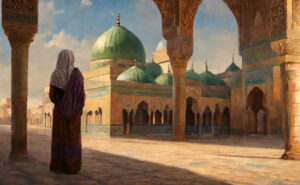
Inspired by her religion, this under-celebrated Muslim woman from Africa founded the oldest university in the world, pioneering a model of higher education.
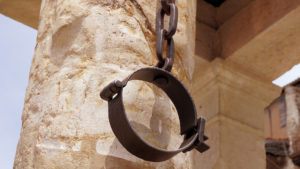
Islam created a social structure, which closed the doors of enslavement and opened up many ways through which slaves could be freed and justly integrated into society.
© 2021 All rights reserved